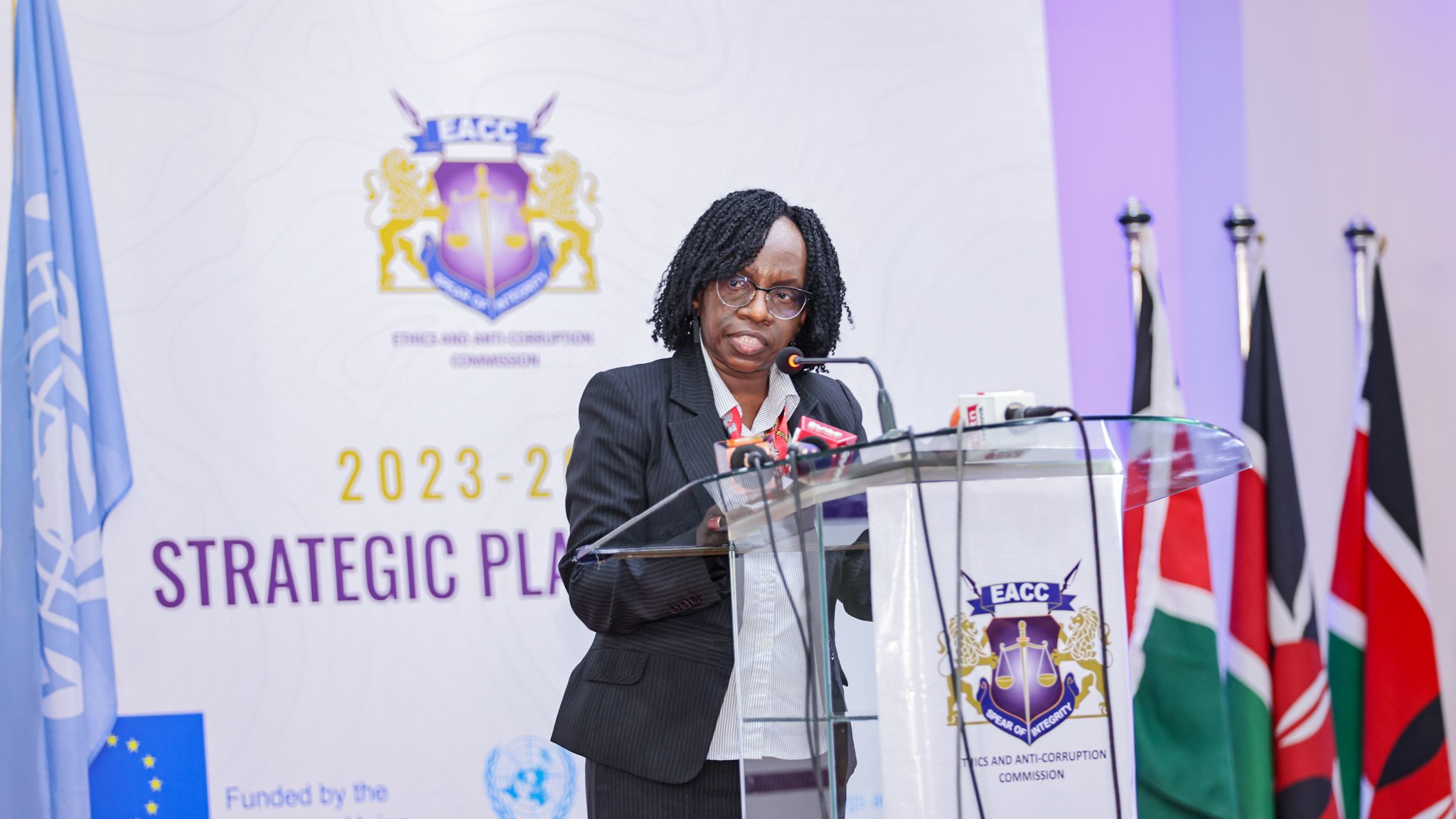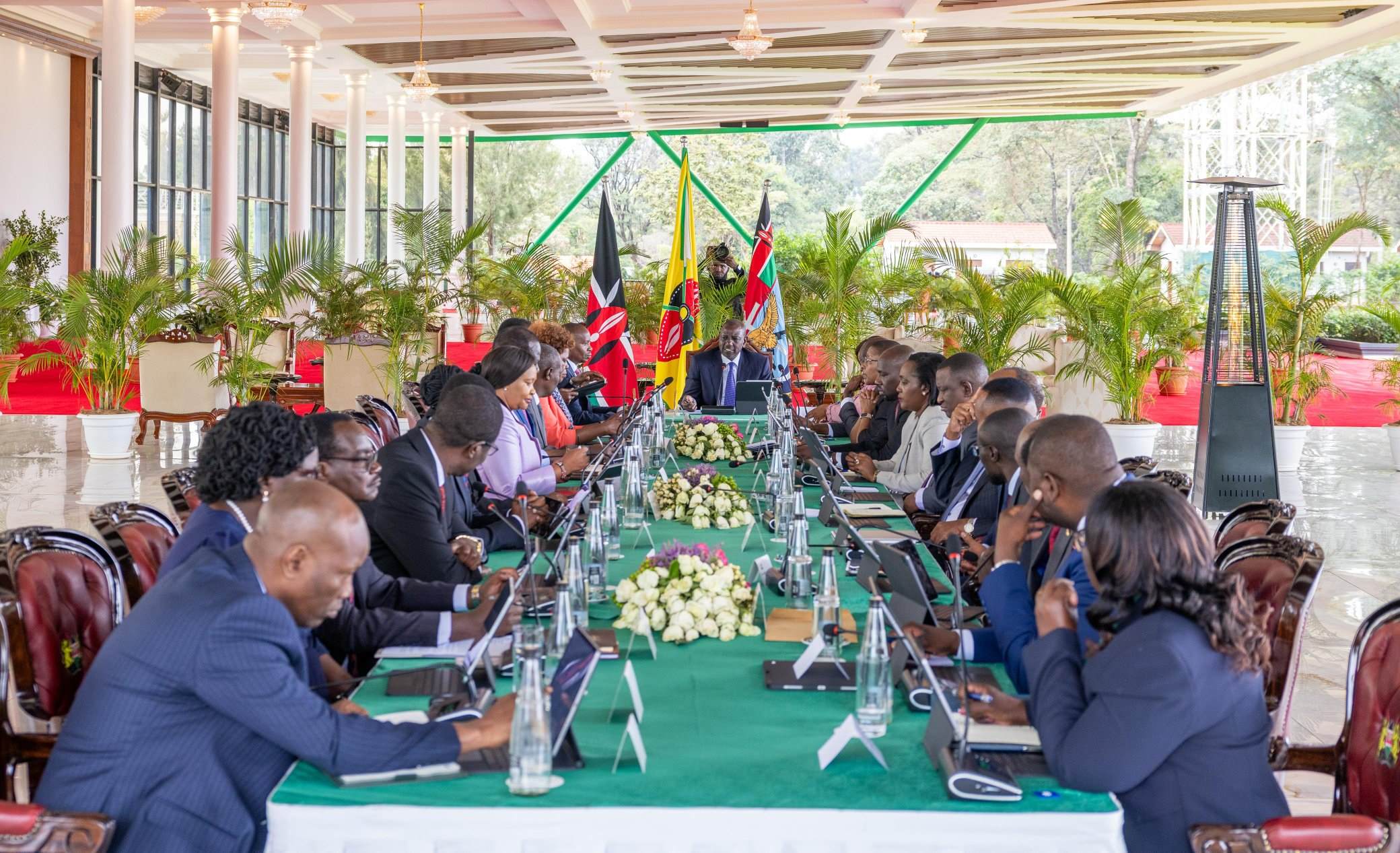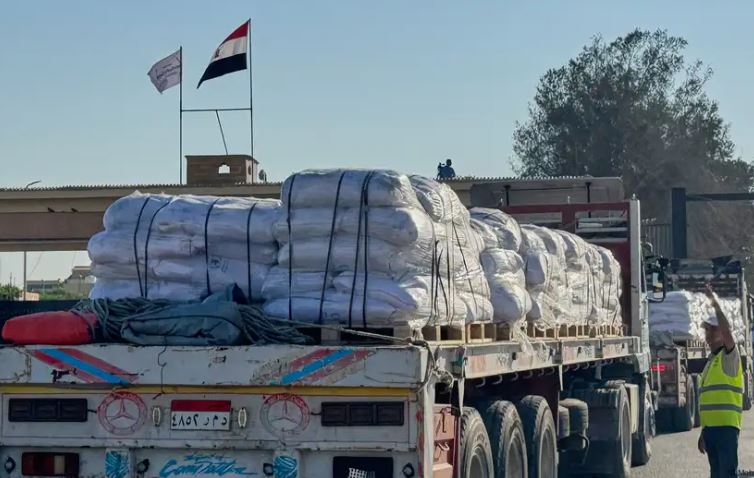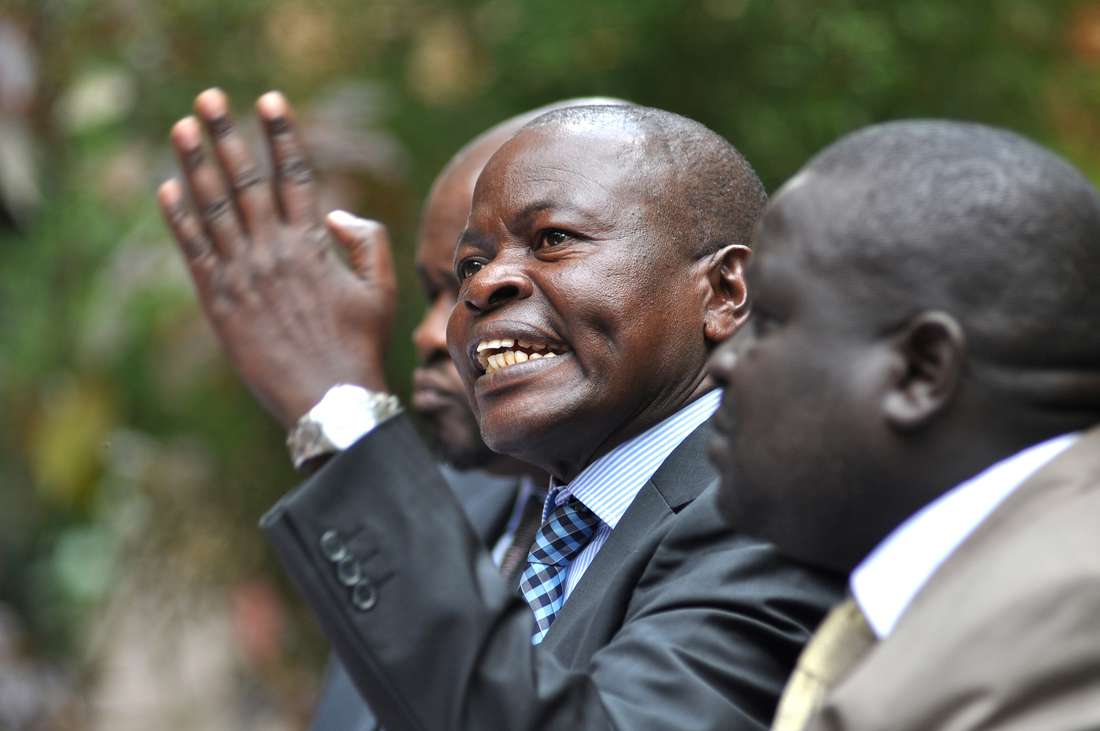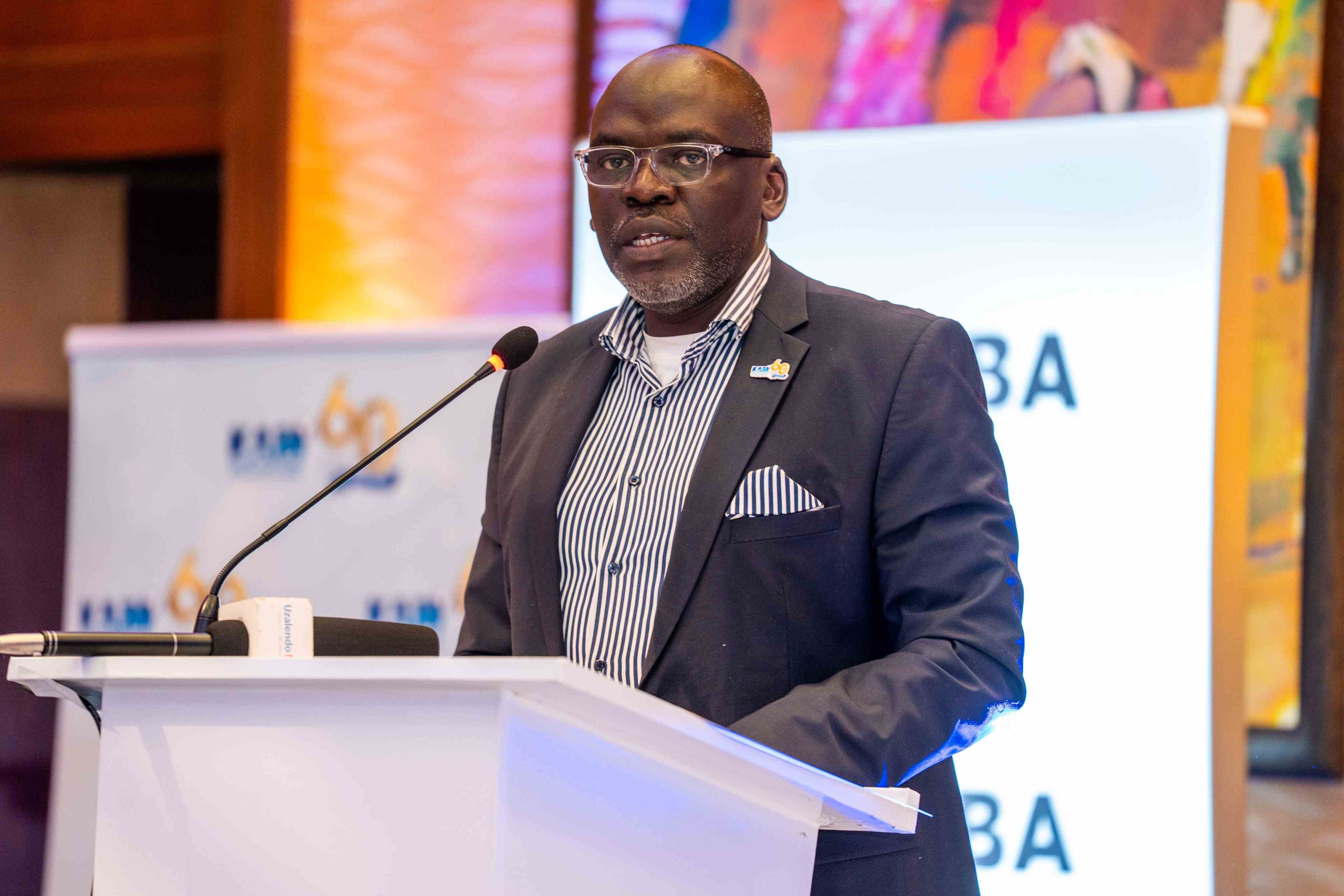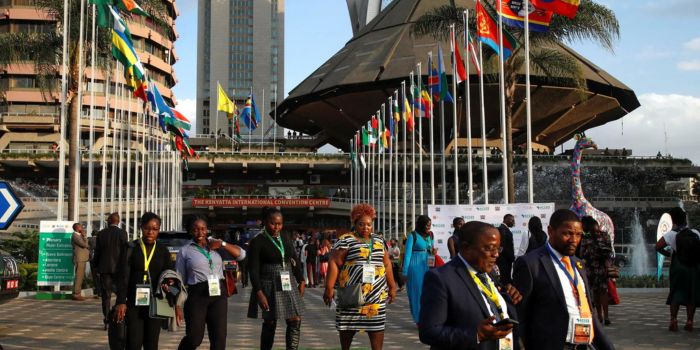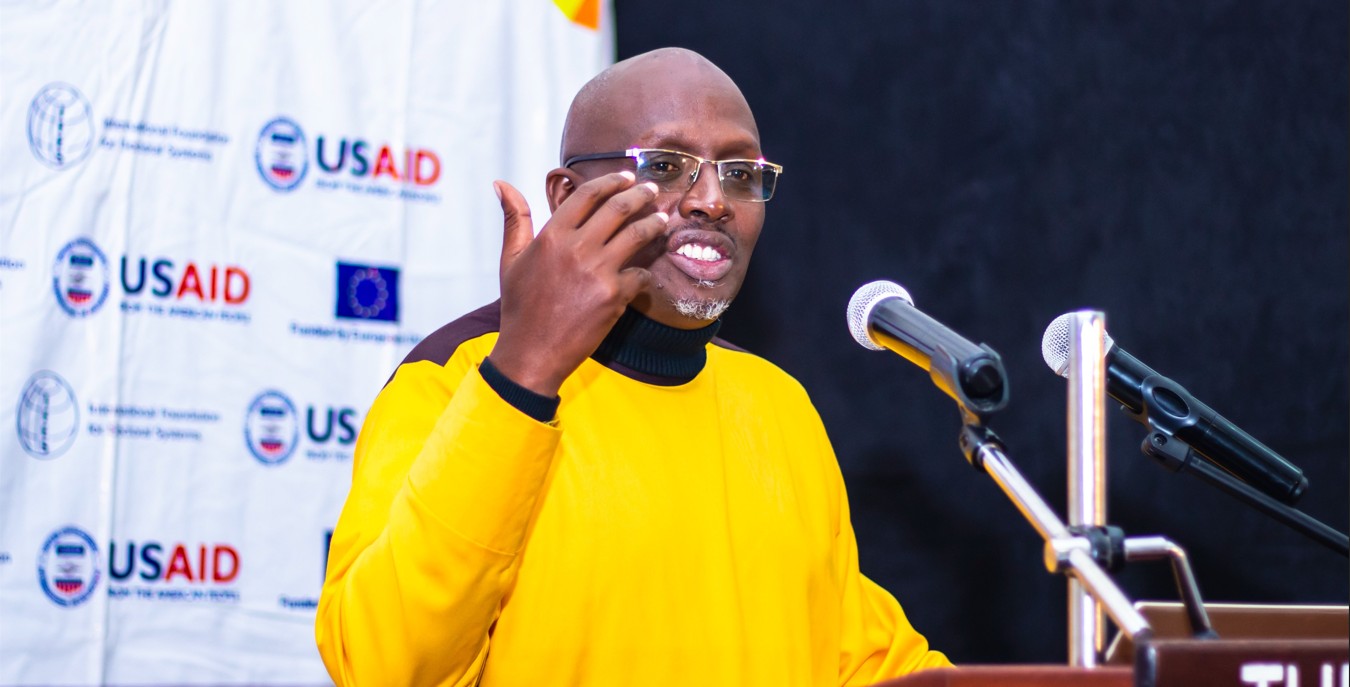UN Security Council lifts arms embargo on Somalia
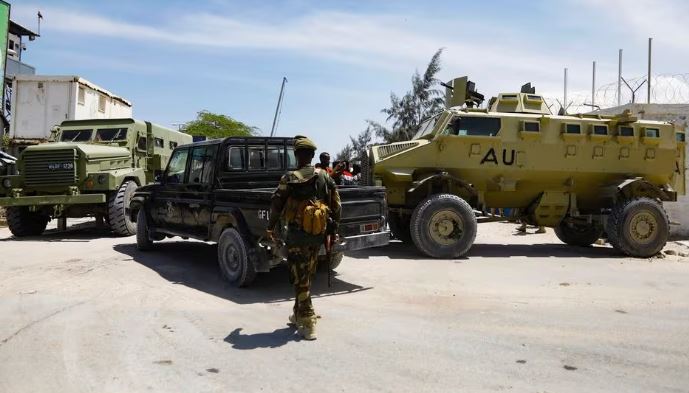
The UN Security Council decisively voted to lift Somalia's 31-year arms embargo, with 14 members in favor and 1 abstention.
The UN Security Council decisively voted to lift Somalia's 31-year arms embargo, with 14 members in favor and 1 abstention. The Somali Information Minister, Daud Aweis, warmly welcomed “the historic decision, emphasizing that the adoption of Resolution 2713 will significantly enhance security and governance within the country.”
Somalia’s Ambassador Designate to Kenya, Jabril Ibrahim Abdulle stated the UN’s decision “signifies a renewed commitment to ensuring peace & stability within Somalia and the region.”
More To Read
- Mandera–Bula Hawa border reopens as hundreds return home after Somalia clashes
- Somalia’s climate crisis demands global action, says IOM
- Somalia, Djibouti sign troop deployment deal
- Somalia officially recognises SSC-Khatumo as 6th federal member state in historic unity move
- Fresh clashes in Somalia’s Gedo region force civilians to flee to Mandera
- UN warns of ‘horror show’ as over 60,000 killed in Gaza as Israel-Hamas war intensifies
In 1992, the council initially imposed an embargo on Somalia to disrupt the supply of weapons to warring warlords. These warlords had overthrown dictator Mohamed Siad Barre, triggering a civil war in the Horn of Africa nation.
The director of the Raad Peace Research Institute in Mogadishu, Mohamed Husein Gaas, emphasized the significant advantages brought by the lifted UN arms embargo on Somalia. This includes heightened stability, enhanced counterterrorism capabilities, and the creation of a more secure and peaceful environment—favorable for rebuilding and humanitarian efforts in the country.
Gaas highlighted this move as a crucial step toward Somalia reclaiming sovereignty and fostering robust diplomatic relations. He anticipates that a secure Somalia will attract foreign investment, driving economic development and facilitating infrastructure rebuilding.
Strengthened security measures not only bolster government legitimacy but also contribute to improved governance and the establishment of the rule of law, he added.
Top Stories Today
